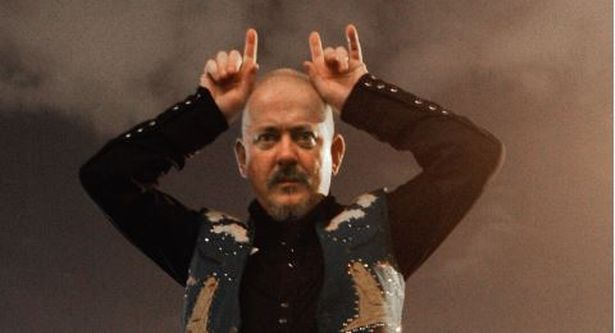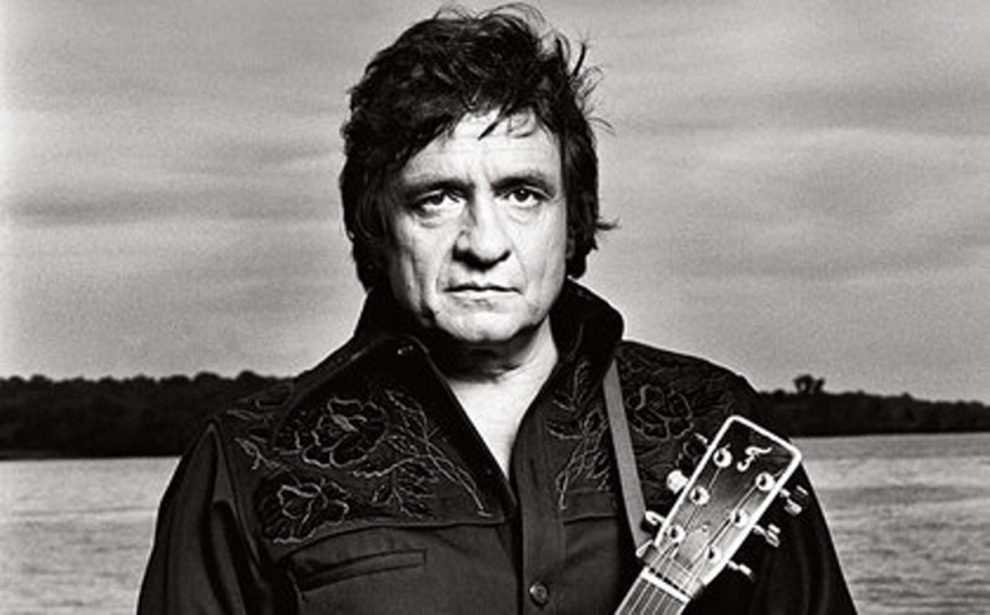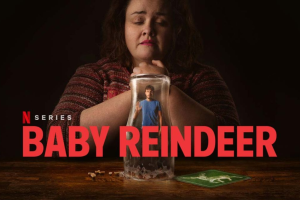THE name Johnny Cash is now almost synonymous with the terms “legend” and “rock star”, but in the 1980s, it was anything but.
Having been dropped by his record label after 30 years, his career was all but over.
That is until a Welsh punk stepped in and saved his career, putting the man back on track, ensuring his legacy will now live on in the hearts of music lovers forever.
Jon Langford was a huge fan of Cash and at a gig in 1988 at the Manchester Apollo, managed to get backstage to meet the man himself.
It was there he told the musician that he and some friends wanted to record a tribute album to him.
Langford, who made his name in The Mekons, said: “Honestly, I had no idea he was at such a low point in terms of credibility back then, even though his audiences were very much made up of the blue rinse brigade.
“But Johnny’s guitarist later told me he’d been really depressed at the time and was feeling a bit ignored and irrelevant.
“So he’d apparently been very flattered that I’d approached him and loved the fact there was a whole new generation of people out there who’d cottoned on to his music.”

Langford and former The Fall member (and now longtime BBC Radio personality) Marc Riley put together a 1988 compilation titled ‘Til Things Are Brighter … A Tribute To Johnny Cash.
“I had grown up listening to him as a really young kid, and it stayed with me,” Riley says.
“But he wasn’t on the radar for most people who grew up listening to Bowie and the Stooges. We’d go and see him through the 1980s at the Manchester Apollo or the Palace, or in Blackpool, and 95% of his audience was the purple-rinse brigade. It was close to cabaret.
“There was no credibility associated with it – he was probably at his lowest point of cool.”
Langford recalls: “There were no youthful hipsters at his gigs. Me and Marc were definitely the youngest people there.”
The album of songs made famous by “The Man In Black” featured contributions from the likes of The Mekons, Michelle Shocked, The Buzzcocks’ Pete Shelley, Microdisney and Fatima Mansions’ Cathal Coughlan, Gaye Bykers On Acid’s Mary Mary and Soft Cell’s Marc Almond.
The compilation raised money for the Terrence Higgins Trust, the United Kingdom’s leading HIV and sexual health charity that provides a variety of services, runs community projects and campaigns on issues.
“We felt that it was really important to stick your head up and say something,” says Langford.
“Cash was great because he really got behind it.”
The Guardian describes the album as: “Raw, raucous, occasionally rather ropey tribute, yet also oddly auspicious. Incongruous though it seems for such a quintessentially American artist to find his oeuvre redefined in the studios and pubs of Leeds, Manchester and London, Cash’s affiliation with this ragged group of British-based musicians was the first step on a long road back to critical and commercial relevance, following a decade in which he had slid into something close to cultural inconsequence.”
‘Til Things Are Brighter wasn’t a lavish affair. Langford, Riley and their house band “bashed out” all 13 backing tracks in a single day at RikRak studio in Leeds; the vocalists added their contributions over the next few weeks at Berry Street studios in Clerkenwell.
Michelle Shocked galloped through One Piece at a Time, and the Triffids’ David McComb crooned Country Boy, a 1957 Cash original.
Langford recalls: “Marc Almond, the one “proper” pop star taking part, came in and told me I’d cut Man in Black in the wrong key. He had a horrible fit in the studio. Sally [Timms, from the Mekons] talked him down and coaxed this fantastic performance out of him, but I think he was a bit nervous.
“It was maybe a bit odd for him to be doing Johnny Cash songs.”
Cash thoroughly approved. He was thrilled at a new generation of musicians interpreting his songs.
When he toured the UK in May 1988, he hooked up with Riley and Langford backstage at Manchester Apollo and posed for the photo that was used on the back of ‘Til Things Are Brighter.
In 1989, while being interviewed by the BBC, he held a copy of the album up for the camera, reeled off a few of the artists – “Tracey and Melissa from Voice of the Beehive” – and said how proud he was of the album these “young people” had made.
Cash, however, was genuinely peeved when he discovered that the album launch at the Old Pied Bull pub in Islington was going to be held just days after he was scheduled to leave the UK.
“I wish I’d known, June and I would have stayed over.”
“He would have done it, too,” says Langford. “Sharing a dressing room with Frank Sidebottom …”


















Add Comment